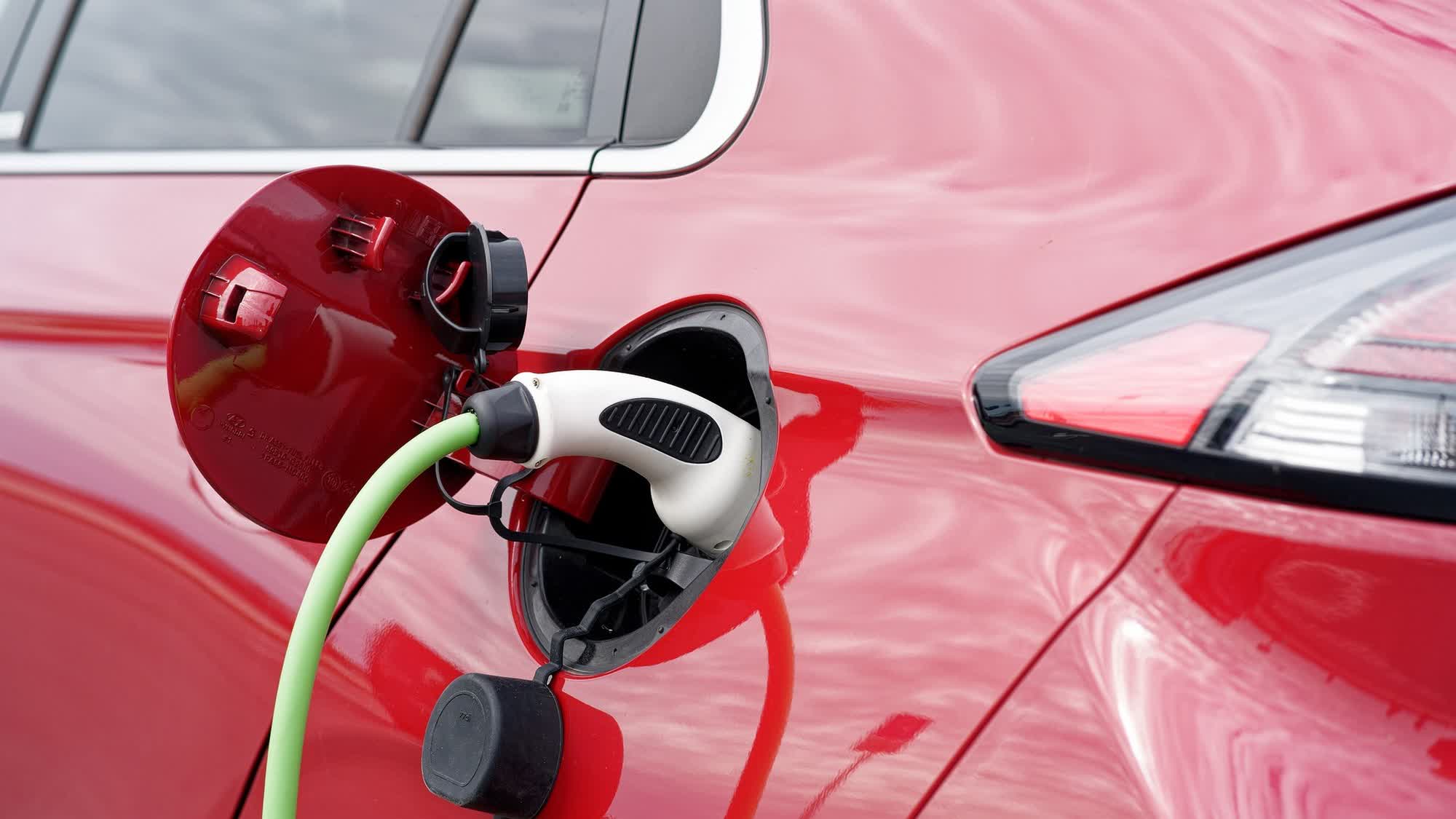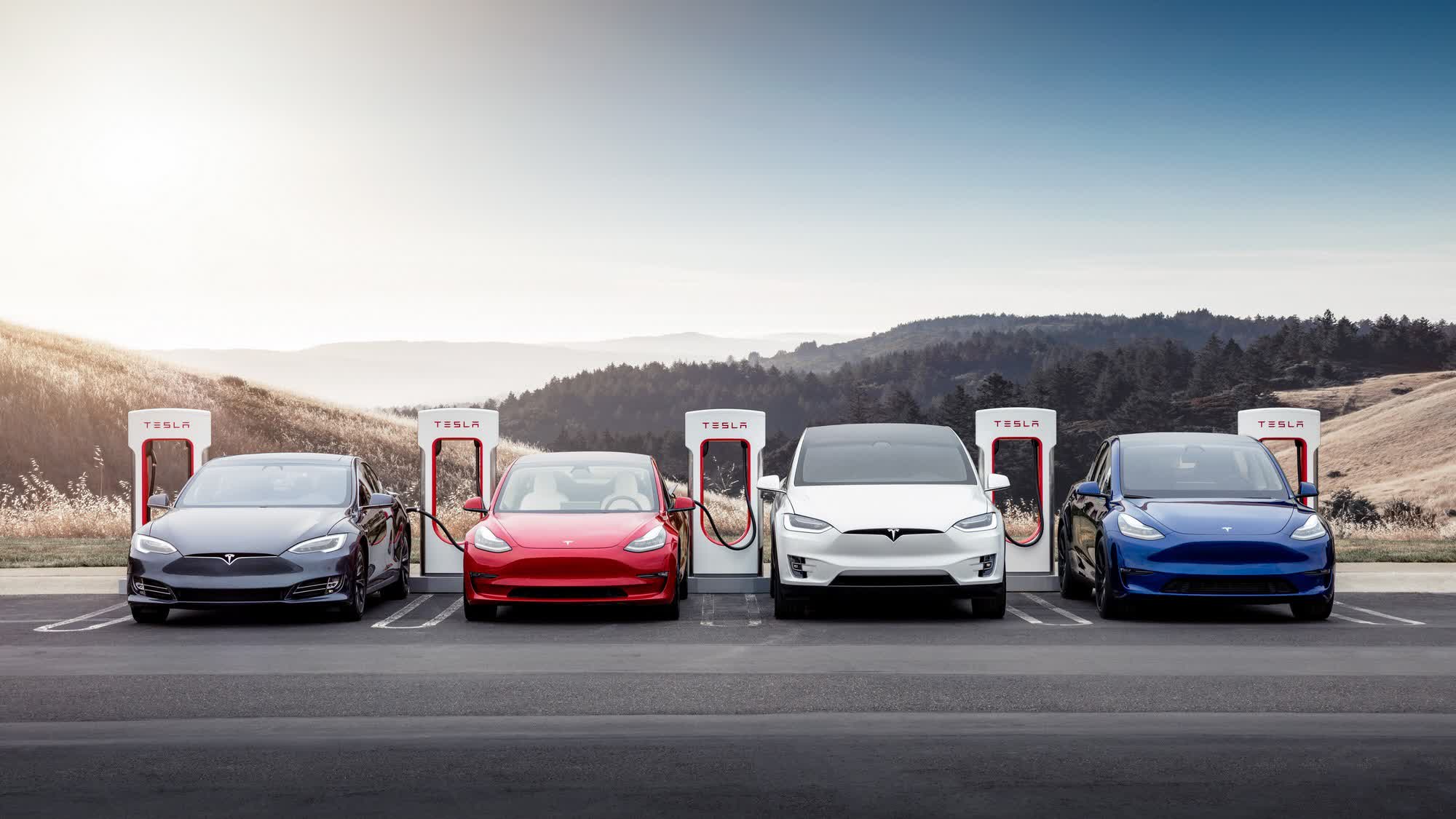The big picture: With EVs gaining popularity among US car buyers, charging interfaces are expected to influence people's buying decisions soon. Currently, there are multiple charging standards used by different brands, but that could change soon, with many of the biggest automotive companies banding together to settle on a common charging port that could make life a lot easier for owners.
Tesla's Supercharger network is by far the largest EV charging network in North America, and the company is all set to open up its charging stations to rival brands next year. According to Jenny Pretare, Tesla's Design Manager of Charging Infrastructure, Ford and General Motors will be the first two companies to adopt Tesla's North American Charging Standard (NACS) port in February 2024.
Pretare also confirmed that in addition to GM and Ford, other car manufacturers will get access to the Supercharger network "in stages" over the next several months.
While not all manufacturers have revealed when their vehicles will switch to NACS, the Volkswagen group has confirmed that future VW, Audi, Porsche and Scout EVs will start using Tesla's proprietary charging interface from 2025. The company also said that it is "exploring adapter solutions" for its existing EVs to access the Tesla Supercharger network from 2025.

While Ford agreed to join the NACS bandwagon in May 2023, GM signed on to use Tesla's charging port last June. Some of the other prominent automobile manufacturers who also inked a deal with Tesla to use the NACS port in their new cars include Audi, BMW, Genesis, Honda, Hyundai, Jaguar, Kia, Lexus, Lucid, Mercedes, Mini, Nissan, Polestar, Porsche, Rivian, Rolls-Royce, Subaru, Toyota, Volkswagen, and Volvo.
Most of these automakers will start shipping cars with the NACS port in 2025, but before that, they will supply their existing customers with adapters that allow EVs with Combined Charging System (CCS) ports to charge at Tesla's Supercharger stations. Most of the manufacturers will distribute the adapters in 2024, meaning many of the current EV owners should be able to plug their cars into Tesla's Supercharger network next year.
